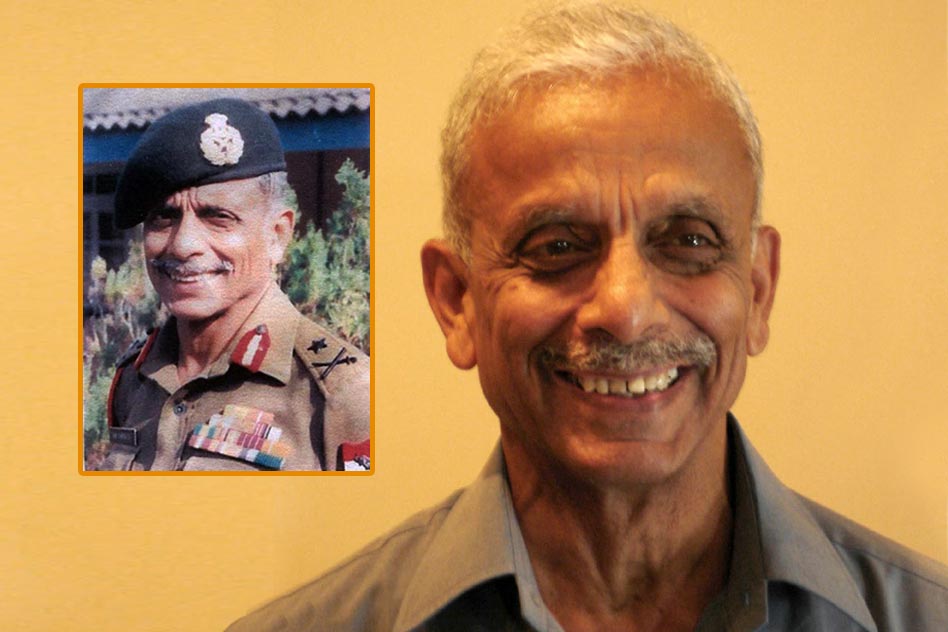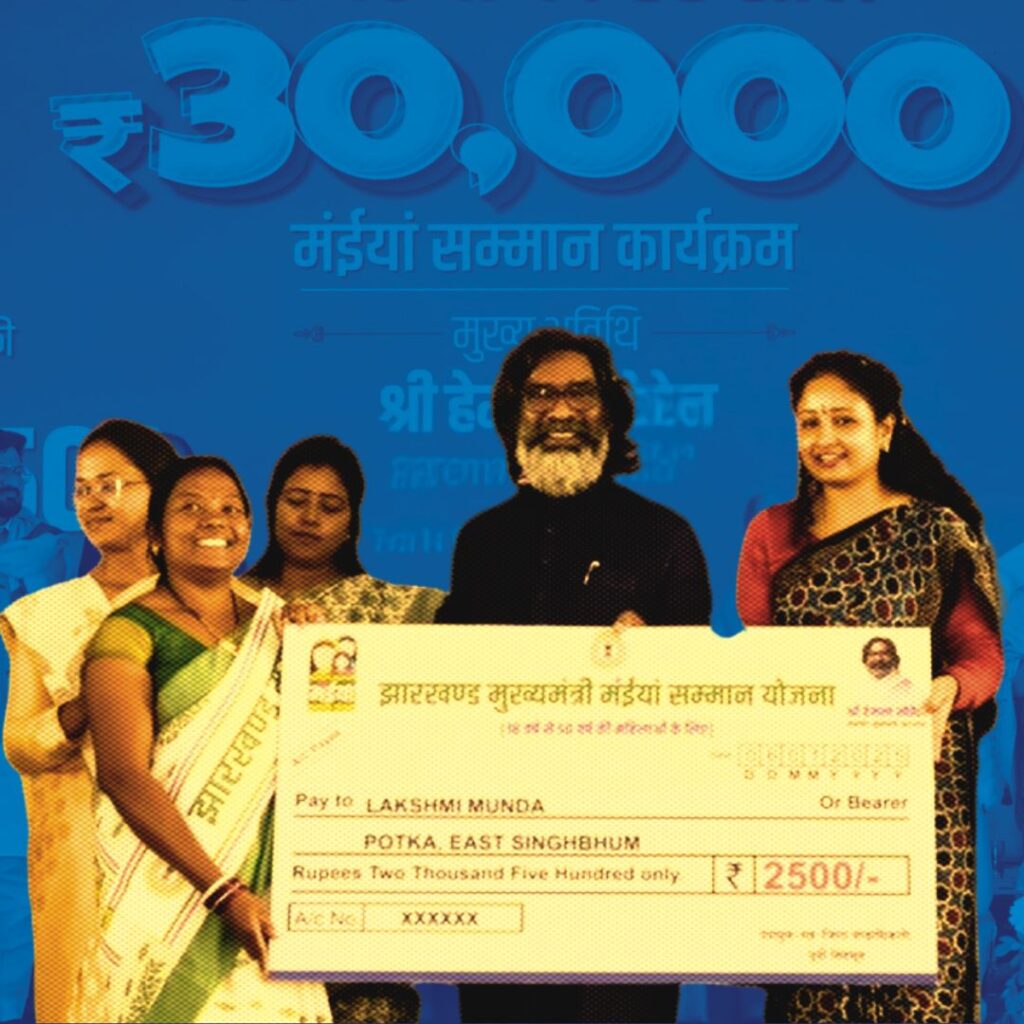Image Source: 2.bp.blogspot , 2.bp.blogspot.com
Major General Ian Cardozo was a young major in the 5 Gorkha Rifles in the 1971 war with Pakistan. In a swift military offensive, India defeated Pakistan within 13 days, liberated a region and led to the creation of Bangladesh.
In the war, the then Major Cardozo stepped on a landmine and had to cut off his badly wounded leg with his own khukri.
Yet, through sheer will power and determination, he did not let his disability come in the way of his duty as a soldier and went on to become the first disabled officer in the Indian Army to command an infantry battalion and a brigade.
A brief interview with him..
Tell us about your wound.
At that time, I was still not wounded.
There was a BSF commander who got panicky when he saw all these fellows (prisoners) and asked: “Please send someone here.’ I told the CO that I would go. I did not know that I was walking on a minefield. I stepped on a mine and my leg blew off.
A Bangladeshi saw this happening, he picked me up and took me to the battalion headquarters. They were feeling bad. I told the doctor, ‘Give me some morphine.’ They had no#8800 it had been destroyed during the operations. ‘Do you have any Pethidine?’ ‘No’
I told him: ‘Could you cut this off?’
He said: ‘I don’t have any instrument.’
I asked my batman: ‘Where is my khukri?’
He said: ‘Here it is, Sir.’
I told him: ‘Cut it off.’
He answered in Gorkhali: ‘Sir, I can’t do it.’
I told him: ‘Give it to me.’ I cut my leg off and ordered: ‘Now go and bury it.’
You tell people that you are embarrassed to tell the story because it was nothing at all. What was your first thought?
My first thought was for her (pointing to his wife, Priscilla). I thought, ‘What a stupid thing happened to me. It was beyond my control, it just happened.’
Then the doctor came and tied it up. My CO also came: ‘Ian, you are very lucky, we have captured a Pakistani surgeon. He will operate on you.’
‘Nothing doing, Sir, I don’t want to be operated by a Pakistani doctor. Just get me back to India,’ I answered.
By that time Dhaka had fallen and there was no chopper available.
I then told the CO: ‘Two conditions.’ He immediately said: ‘You are not in position to put conditions.’
I told him: ‘OK, two requests. One, I don’t want Pakistani blood.’
He retorted: ‘You are a fool.’ I said: ‘I am prepared to die a fool. My second request, Sir, I want you to be present when they operate on me.’ The CO asked: ‘Why?’ I answered: ‘You know why.’ (There had been cases of torture). So, he agreed.
Anyway, the Pakistani surgeon did a good job. His name was Major Mohamed Basheer. I have never been able to say, ‘Thank you.’ I owe him a thank you, but it is not easy (to find someone in Pakistan].
What did you feel when you cut your own leg?
People are giving more credit than I do. Actually I just felt deeply embarrassed because my leg was in a terrible state. I did not want to look at it and others to look at it. I wanted to get rid of it. Nobody wanted to do it, so I did it.
You have said that you always dream that you have two legs.
Yes, in my dreams, I have two legs, no artificial leg.
How did you manage to get a promotion after being disabled?
One has to accept that the army puts a great amount of emphasis on physical fitness. One has to be fit to be a commander at any level.
From my side, I felt that the doctors were unfair to me to say that I could not perform as well as anybody else.
With my wooden leg, I was determined to prove to the army as well as to the world in general, that a person with a wooden leg could do as well, if not better, than a two-legged person. I resolved to keep myself physically fit.
I woke early morning, did some exercises and went for a run. I did the battle physical test. I had a problem with the officer in charge of the test who refused to allow me to pass the test. He said he would not let me go through that test because a year earlier someone physically unfit had gone through the test and died.
I told him I was fit, but he answered that he would arrest me if I do the test. I told him: ‘You can put me under arrest only after I commit the offense. So let me do the test and you can arrest me after.’
So I did the test and left seven officers with two legs behind me. The officer was a good man, he said, putting his arm around my shoulder: ‘Well done, Sir, good job.’
I later went to the vice-chief and asked him, what else should I do? He said: ‘Come with me to J&K.’
He came by helicopter to a place at 6,000 feet. I climbed from the road to the helipad. When he arrived, he asked me: ‘How did you come here?’ thinking I had used my contacts to fly with a chopper. I told him: ‘Sir, I climbed from the road.’
He was surprised: ‘You can climb!’ I told him: ‘What I can or can’t do is the minds of my senior officers.’
He said ‘Alright’ and put up my case to the army chief (General T N Raina) who asked me to accompany him to Ladakh. I walked in mountains in snow and ice. General Raina saw this and when he returned to Delhi, he asked for my file and wrote: ‘Yes, give him a battalion and to all other officers who are not taking shelter behind their wounds.’
For me, it only meant that one has to do what is required by one’s job. I was the first disabled officer to be approved to command a battalion.
The same thing happened when I was to take command of a brigade. The bureaucracy said: ‘No, you can’t command a brigade.’ I wrote to the army chief that I had proven that I could command a battalion; there was no reason why I should be demoted in a staff job.
The chief said: ‘Why do you harass this man, give him the command of a brigade.’
Later three disabled officers became army commanders. One even became vice-chief: he had earlier had both his legs amputated.
What would you tell the youth of this country?
I have many things to say: You have only one life to live, live it to the full.
You have 24 hours in a day: Pack it up.
The other thing is ‘Never give up.’
If you believe in something, do it in a right way at the right time.
I must say I had always the support of my wife for whatever I did in my life.
Source : Rediff











